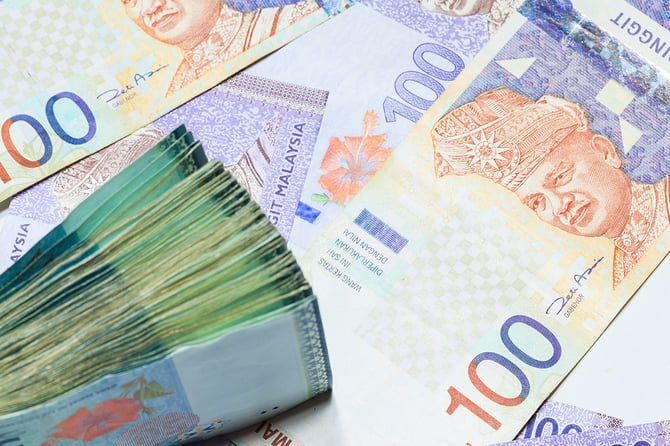Malaysian Currency Falls After Deadlocked Election

Malaysia’s stock market and national currency wobbled after an election resulted in the country’s first ever hung parliament. Parties must now form a coalition before an administrative deadline that expires in a few days, and thereafter must deal with the negative response of the financial markets to the news.
The Malaysian ringgit slipped by 0.8% against the US dollar in early trading this week before recovering to be down 0.1%, as markets braced for the likelihood of a long period of political instability.
The Malaysian ringgit slipped by 0.8% against the US dollar in early trading this week before recovering to be down 0.1%, as markets braced for the likelihood of a long period of political instability.
Southeast Asia’s fourth-largest economy had been on a good path after recovering well from the COVID-19 pandemic, which had caused the largest contraction to the economy since the 1998 Asian financial crisis. Malaysia’s GDP grew by 14% during the July-September period, after growing 8.9% during the second quarter.
The country’s national election on Saturday failed to produce a clear winner, with neither the Pakatan Harapan (PH) nor the Perikatan Nasional (PN) coalitions winning the minimum 112 seats needed to form a government.
What does this mean for me?
The hung parliament was largely expected by those close to polling trends, and this is viewed as a negative outcome as coalition governments around the world have been known to be unwieldy and inefficient.
Important post-election issues, like fiscal consolidation, will be challenging if there is a political deadlock. This likely means that investors will be less enthusiastic about Malaysia’s prospects until there is more clarity around policy direction and speed.
More News
.webp)
US Dollar Faces Biggest 6-Month Drop in Half a Century
5 months ago
.webp)
Dollar Slips to Three-Year Low as Trump Eyes Early Fed Appointment
6 months ago
.webp)
AI-Powered Trading Bots Bring a New Kind of Threat
7 months ago
.WEBP)
Euro Value Surges as Markets React to Tariff Shock
8 months ago

Euro’s Slide: What’s Behind the Drop and What’s Next?
11 months ago

Sterling Gains Against Euro as Central Banks Move Apart
1 year ago

Euro Remains Steady Amid Tariff Threats
1 year ago

Euro Stays Under Pressure Amid Economic and Political Shifts
1 year ago